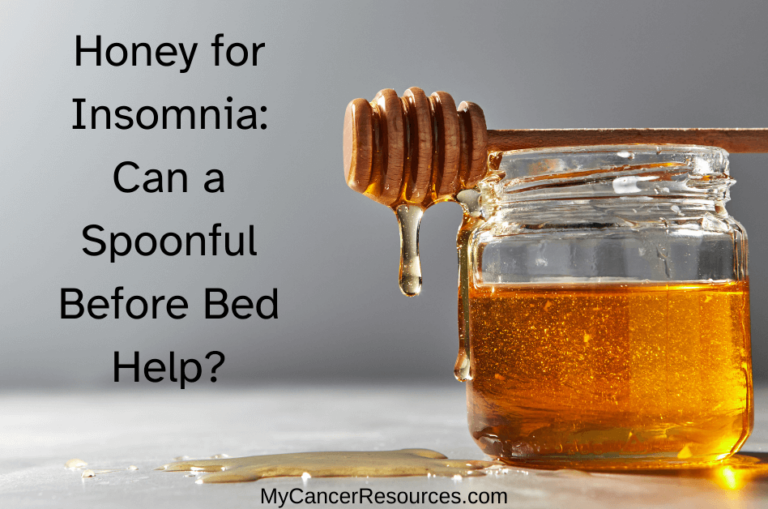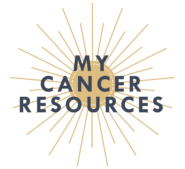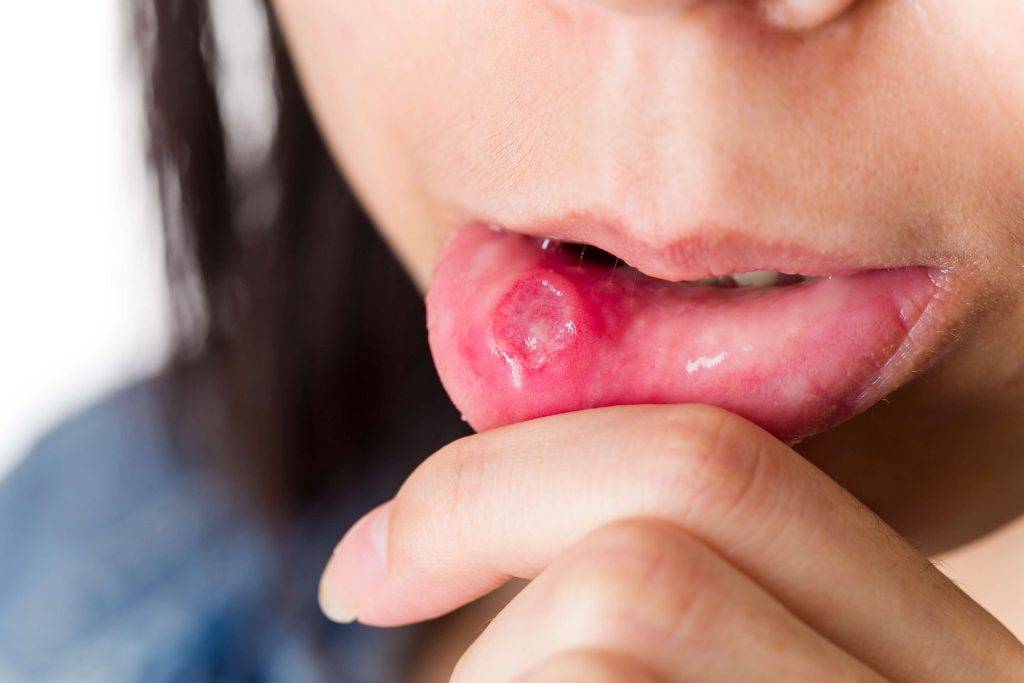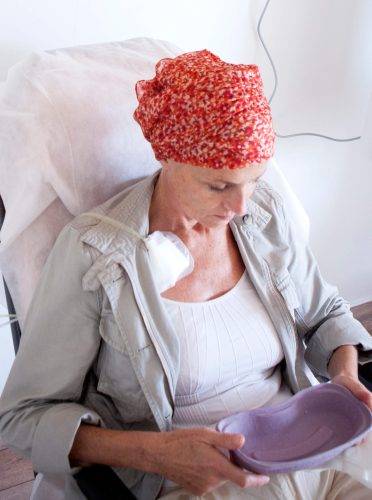
If you’re one of the many people with cancer who struggle with sleep, there may be a simple solution that can help. Honey, of all things, can help with insomnia.
Problems sleeping can be a side effect of cancer treatment or can be due to stress and anxiety, cancer pain, or difficulties sleeping with a port.
If your poor sleep isn’t pain related, then honey might be something to try to improve sleep.
Insomnia can include:
- not being able to fall asleep
- not sleeping long enough
- not getting restful or deep sleep and/or
- walking up in the middle of the night or multiple times throughout the night.
This post explains why honey can improve sleep and how to use it to achieve the best results.
Just a spoonful of this natural ingredient before bed can play an important role in your sleep cycle. It provides many benefits to your body that can improve the length and quality of your sleep.
The Science of Honey and Sleep
Honey has been used for generations to help with sleep. It’s not just a popular belief that a bit of raw honey works; there’s also scientific evidence that honey increases the hours of restful sleep and restorative sleep.
This clinical trial studied the effect of raw honey on insomnia. The positive results have led the research team to expand to additional studies.
This clinical trial showed a milk-honey mixture dramatically improved sleep when compared to a group of adults who did not take anything for sleep.
This study of adults showed that combining honey and royal jelly improves cancer-related fatigue even better than honey alone, so this may be another ingredient you to add to your nightly honey if you’re experiencing daytime fatigue along with insomnia.
This sleep study combined honey with chamomile tea to research its effects on insomnia. It was a small study, but all participants had significant improvement in sleep.
How Honey Improves Sleep
There are many reasons honey can improve sleep quality:
- The natural sugars in honey raise insulin slightly, which keeps blood sugars steady throughout the night. When blood sugars dip in the middle of the night, it can lead to waking up early and struggling to fall back asleep.
- Honey also converts the nutrient tryptophan in the brain to serotonin, which makes the brain release melatonin, the hormone that regulates sleep patterns.
- Honey is rich in amino acids that have a calming effect on the brain and lower stress hormones, which encourages falling asleep.
How to Use Honey for Optimal Sleep
The easiest way to incorporate this natural sleep aid is to simply eat a teaspoon of honey directly from the spoon. The best honey is organic raw honey.
Some also swear by Manuka honey. This is honey made in Australia and New Zealand from the nectar of the Manuka tree. It has more antibacterial and anti-inflammatory benefits than regular honey.
It’s also thicker and has a more bitter flavor compared to the sweetness of traditional honey, so the taste may not be for everyone.
In contrast, commercial honey can be overly processed, which can remove nutrients. Some honey can also contain additives.
If you suffer from seasonal allergies, see if you can find local raw organic honey. Honey made from the pollen of local flowers can help your body get used to allergens in the area.
Your immune system can then build up a tolerance, reducing your reaction to local allergens.
Honey can be taken on its own or can be mixed with other ingredients that are also recommended to help promote a restful night’s sleep:
- warm milk
- herbal tea, like chamomile or ginger
Cinnamon can also balance blood sugar levels, so some add a pinch of cinnamon powder to a glass of warm milk or non-dairy milk products mixed with honey.
Look for pure Ceylon cinnamon rather than cassia cinnamon, as cassia can be harmful in large amounts over time.
You can also mix two teaspoons of raw honey and organic apple cider vinegar into a glass of warm water. Apple cider vinegar contains potassium and a variety of B vitamins.
The vitamin B family is considered a natural relaxant. Combine apple cider vinegar with honey and water and drink it before bed. Hopefully, sweet dreams will follow.
I’ve added a pinch of salt to a teaspoon of honey and let it dissolve under my tongue, and that’s been an easy way to relax and get some good sleep.
I personally like Himalayan salt for its other health benefits.
Conclusion
So rather than tossing and turning, struggling to get a good night’s sleep, why not try a teaspoon of raw honey about thirty minutes before bed and see if it helps?
In my research, I haven’t learned of any drawbacks to taking honey before bed, but if you have concerns, talk to your doctor first.
You may need to add medications or try some lifestyle changes to help get better sleep, but honey can be an important tool in your toolbox to try when you just can’t seem to sleep.
Your turn: Have you used honey for insomnia? What were your results? Share in the comments below.



